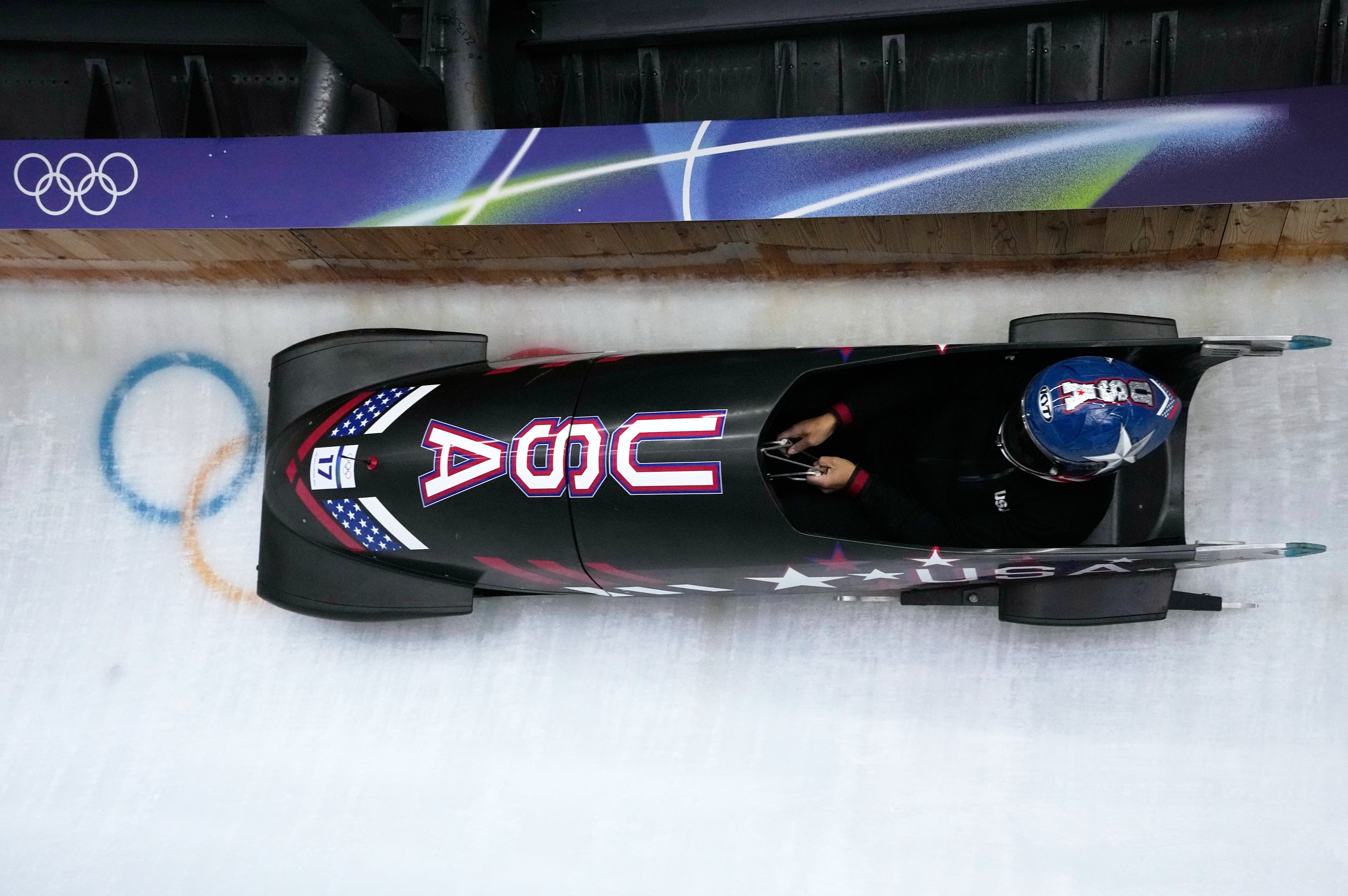Ex-FSU star Myron Rolle ready to begin med school residency

Myron Rolle has accomplished many things on and off the field. His biggest ones, though, might still be coming up.
Rolle's dream of becoming a doctor came to fruition on May 20 when he graduated from Florida State's College of Medicine. The former All-American safety and Rhodes Scholar has not had much time to reflect on the accomplishment. He moved to Boston at the beginning of June and will start his residency at the Harvard Medical School's neurosurgery program at Massachusetts General Hospital on July 1.
"It felt great to graduate," said Rolle, 30. "It put the finishing touches on an incredible and blessed story."
While growing up in Galloway, New Jersey, Rolle looked up to two people — Dr. Ben Carson, who was a renowned neurosurgeon at Johns Hopkins Hospital before entering politics, and Deion Sanders. When Rolle was in the fifth grade, he received a copy of Carson's book, "Gifted Hands," and has been interested in neurosurgery ever since.
While being recruited by Florida State, which is where Sanders rose to fame, Rolle told then-coach Bobby Bowden and defensive coordinator Mickey Andrews about his goals — to go to the NFL, become a Rhodes Scholar and become a neurosurgeon.
"He was one of the most disciplined players who was focused on doing things the right way that I have coached," Andrews said. "How many people have an opportunity to excel in sports and academia? His motivation to excel in the classroom was every bit as strong as on the field."
In November 2008, Rolle made headlines when he interviewed in Birmingham, Alabama, as a Rhodes Scholar finalist and then flew to Maryland, where the Seminoles were playing the University of Maryland. Rolle got the scholarship and played in the game after arriving during the second quarter. At the end of the season, he was named to the third team of the Associated Press' All-America squad. He earned his undergraduate degree in 2½ years.
"Being on the other side of the fence now working for a football team, you always want a guy that looks the part, can lead vocally and by example. Myron did the best of both," said Ochuko Jenije, a former teammate of Rolle's who is a student-athlete development director at North Carolina.
Bowden said Rolle is one of those players "who might come once in a lifetime in coaching" and that he was proud to see his former player reach his goals.
After spending 2009 studying at Oxford, where he got his master's in medical anthropology, Rolle was drafted in the sixth round by Tennessee in 2010. His NFL career was short, lasting less than three seasons. Rolle spent one season on the practice squad and was released in 2011. He was signed by Pittsburgh in 2012 but was cut in the preseason. He never played in a regular-season game.
Rolle entered medical school in 2013 and hasn't looked back. Many of the traits that made him successful in football translated to medicine. Rolle said that when he interviewed with hospitals for residencies, he heard that being an athlete would come in handy as a doctor. Now he sees why.
"You have to be able to be part of a team and stick to the fundamentals," he said. "You have to be prepared and perform under pressure. A lot of the same joy and adrenaline rush that I felt after making a good play or winning in football I feel now after a successful surgery."
John Fogarty, dean of the Florida State University College of Medicine, said what made Rolle stand out during medical school was his ability to accomplish each task.
"He is such an incredibly humble young man who worked very well with his classmates," Fogarty said. "He is a wonderful teammate because medicine and surgery relies a lot on teamwork.
"He really doesn't fit the description of a prototypical surgeon — rough and gruff. He can sit with patients and family members and discuss all the options. Between head trauma and injuries, those are often difficult discussions."
Rolle's primary interest remains pediatric neurosurgery, but at Harvard he also will be at the epicenter of concussion research. Harvard has partnered with the National Football League on concussion and the players' union on a long-term health study looking at players after they retire.
Besides the effect on football players, Rolle thinks the concussion research could benefit soccer players and soldiers who suffer traumatic brain injuries in the field.
While Rolle thinks his first-hand experience as an athlete can serve as a benefit into research, that wasn't the reason why he thinks Boston is a good fit.
"I got along with everyone and felt good about them. I felt like I was joining a team," he said.
Rolle's goals remain centered on young people, including opening clinics in low-income countries that do not have a pediatric neurosurgeon. With the start of his residency, Rolle sees it as another step in an interesting journey.
"The process of getting here and sharing my story has been very exciting," he said. "Everyone that I have worked and played with has been a part of it."
More Stories
The Latest


